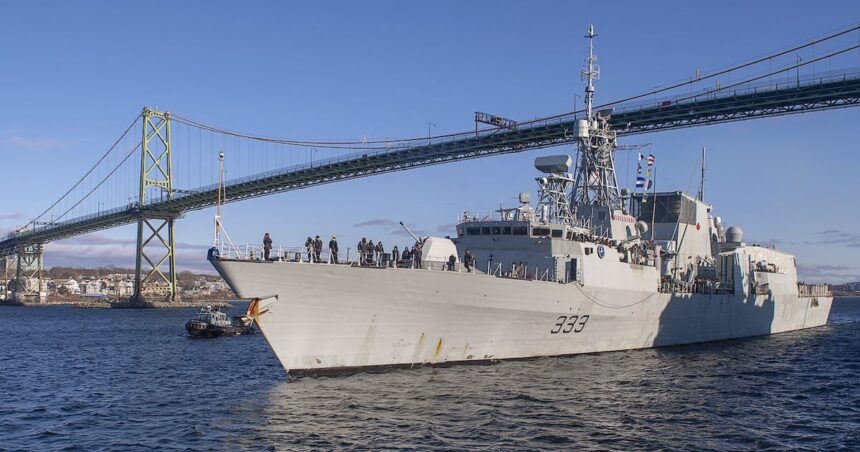In a significant boost to domestic defense manufacturing, the Canadian government announced today a $245 million contract with Toronto-based Aeronautics Solutions to develop advanced surveillance drones for the Royal Canadian Navy’s Halifax-class frigates. The deal marks the largest domestic drone procurement in Canadian naval history and signals Ottawa’s commitment to strengthening homegrown defense capabilities amid growing maritime security concerns.
The contract, finalized after eighteen months of competitive bidding, will see Aeronautics Solutions deliver 24 long-range reconnaissance drones capable of operating in harsh North Atlantic and Arctic conditions. These specialized maritime drones will extend the surveillance range of Halifax-class vessels by approximately 150 kilometers, dramatically improving Canada’s ability to monitor its vast territorial waters.
“This investment represents more than just military procurement—it’s about Canadian innovation solving Canadian security challenges,” said Defense Minister Anita Anand during the announcement at CFB Halifax. “These systems will significantly enhance our maritime domain awareness while creating approximately 350 high-skilled jobs across the country.”
The naval drones, designated as the Aurora-MX series, feature advanced imaging capabilities, satellite communications systems, and ice-resistant components specifically engineered for northern deployments. Unlike previous foreign-sourced systems, these drones can operate effectively in temperatures as low as -40°C, addressing a critical capability gap in Canada’s Arctic surveillance network.
Industry analysts view the contract as part of a broader strategic shift in Canadian defense procurement. “We’re seeing a deliberate pivot toward building sovereign capabilities in critical defense technologies,” explained Dr. Michael Byers, international security expert at the University of British Columbia. “The government clearly recognizes that reliance on foreign defense suppliers creates strategic vulnerabilities.”
The first operational drones are expected to be delivered by mid-2026, with full fleet integration completed by early 2028. The Royal Canadian Navy has emphasized that the systems will primarily serve surveillance and reconnaissance functions, though they maintain dual-use capabilities for both military and civilian operations, including environmental monitoring and search-and-rescue support.
For Halifax-based Aeronautics Solutions, the contract represents a watershed moment. “This partnership validates years of Canadian R&D investment and positions our technology among the world’s best maritime drone systems,” said CEO Jennifer Mackenzie. “We’ve proven that Canadian innovation can meet the demanding requirements of modern naval operations while competing globally.”
The deal includes comprehensive technology transfer provisions ensuring that maintenance and future upgrades remain within Canadian jurisdiction, addressing longstanding concerns about defense supply chain security. The contract also includes provisions for potential export opportunities to allied nations, potentially generating additional economic benefits beyond the initial procurement.
Maritime security experts note the timing aligns with increased international competition in northern waters. “As Arctic sea routes become more navigable and resource exploration intensifies, maritime domain awareness becomes critically important,” noted Commander (Ret.) James Forrester of the Canadian Naval Institute. “These systems provide persistent surveillance capabilities that simply weren’t possible with conventional assets.”
As global powers increasingly contest maritime boundaries and shipping lanes, will Canada’s investment in domestic drone technology prove sufficient to secure its vast coastline, or is this merely the first step in a much larger maritime security challenge that awaits the nation?










